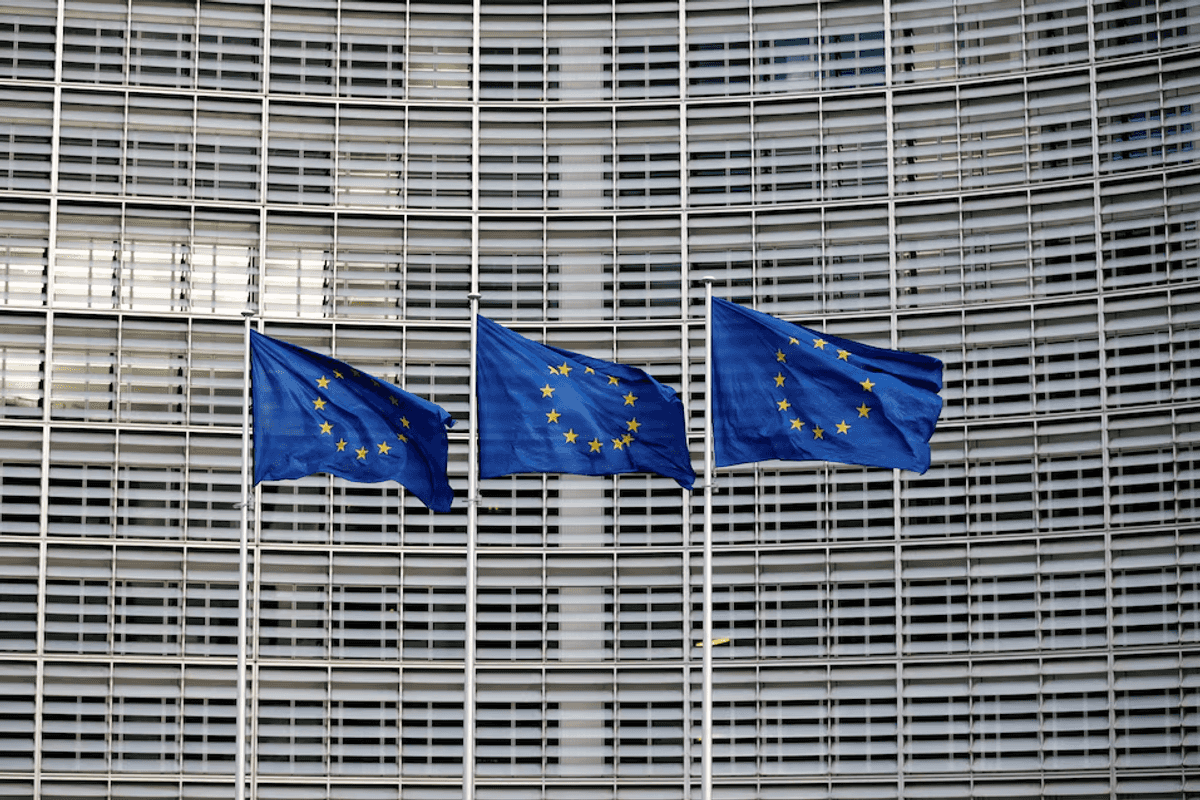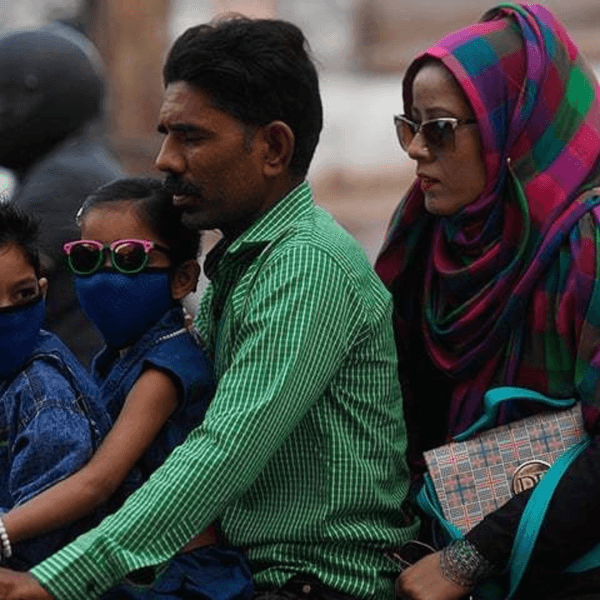EU delegation to arrive in Pakistan next month for trade preference assessment
The mission will evaluate country's progress on the implementation of human, labor laws as part of the GSP+ status

Shahzad Raza
Correspondent
Shahzad; a journalist with 12+ years of experience, working in Multi Media. Worked in Field, covered Big Legal Constitutional and Political Events in Pakistan since 2012. Graduate of Islamic University Islamabad.

A high-level European Union (EU) monitoring mission will visit Pakistan on November 24 to review the implementation of the preferential trade mechanism granted by the bloc to the country, according to sources.
The mission, comprising officials from the European External Action Service and the European Commission’s Directorates General for Trade and for Employment, Social Affairs and Inclusion, will assess Pakistan’s progress on the implementation of 27 international conventions related to human and labour rights, environmental protection, climate change, and good governance.
These commitments underpin Pakistan’s continued eligibility for the Generalised Scheme of Preferences Plus (GSP+) trade status.
Under the GSP+ arrangement, eligible developing countries benefit from wide-ranging tariff preferences to promote poverty alleviation, sustainable growth, and deeper integration into the global economy.
For Pakistan, this preferential access allows zero duties on 66% of tariff lines when exporting to the EU, providing a significant boost to national industries and employment.
Since obtaining GSP+ status in 2014, Pakistan’s exports to the European Union have increased steadily, rising from $5.1 billion in 2015 to $9 billion in 2024.
The EU is Pakistan’s largest trading partner, with key exports including garments, bed linen, terry towels, hosiery, leather products, sports goods, and surgical instruments sectors that employ millions across the country.
Sources said that the EU delegation will hold extensive meetings with representatives from the Government of Pakistan, the United Nations Country Team, the International Labor Organization (ILO), the business community, and civil society organizations.
Discussions will focus on Pakistan’s ongoing reforms, progress in labour standards, Human rights issues and environmental and governance measures. The mission’s findings will contribute to the next GSP+ report, expected to be presented to the European Parliament and the Council of the European Union by 2026.
Over the past decade, Pakistan has worked with the European Union and other international partners to align its laws and policies with global conventions. Reforms in labor inspection, women’s empowerment, climate adaptation, and industrial compliance have been central to these efforts.
However, human rights activists have expressed concerns regarding the protection of civic freedoms, and judicial follow-up on human rights cases that could influence upcoming GSP+ assessments.
The European Union continuously monitors GSP+ countries through reports from the UN and other relevant agencies, complemented by regular on-the-ground missions.
Pakistan has already undergone four review cycles — 2016, 2018, 2020, and 2022 — with constructive engagement noted on both sides.
Recently, Pakistan's commerce minister, during a meeting with EU development committee members, shared the country has been elected to the United Nations Human Rights Council for the 2026–2028 term, reflecting global confidence in its constructive role in advancing dialogue and multilateral human rights cooperation.
He further informed that Pakistan has harmonized the legal age of marriage and passed landmark laws such as the Islamabad Child Marriage Restraint Act 2025.
Other important legislative initiatives include the establishment of the Commission for the Protection of Journalists and Media Professionals, the forthcoming National Commission for Minorities, and the Policy on Interfaith Harmony reflecting the government’s dedication to freedom, tolerance, and social cohesion.
During the meeting with EU development committee members, the minister also raised two key trade concerns with the Parliament delegation including withdrawal of duty concessions on Pakistan’s ethanol exports under the GSP+ scheme, which has adversely affected rural livelihoods and farming communities and the issue of Geographical Indication (GI) registration of Basmati rice, urging the European Union to ensure a fair and impartial decision that recognizes Pakistan’s heritage and rightful claim to the globally renowned rice variety.
He underscored that both issues are critical for Pakistan’s rural economy and the livelihoods of millions of farmers, especially in the wake of recent floods that impacted the agricultural sector.






Comments
See what people are discussing